Applied Research Centre Funding
Thank you.

The Applied Research Centre extends its heartfelt gratitude and appreciation to the funding organizations whose generous support has been instrumental in fueling our College’s applied research endeavours.
Their unwavering commitment to advancing knowledge and fostering innovation has empowered us to explore new frontiers, tackle pressing challenges, and make meaningful contributions to society and industry.
Their partnership is not only a testament to their dedication to higher education but also a catalyst for driving positive change and creating lasting impact. We look forward to continuing our collaborative journey towards pioneering discoveries and groundbreaking solutions.
Our partners
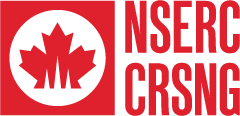




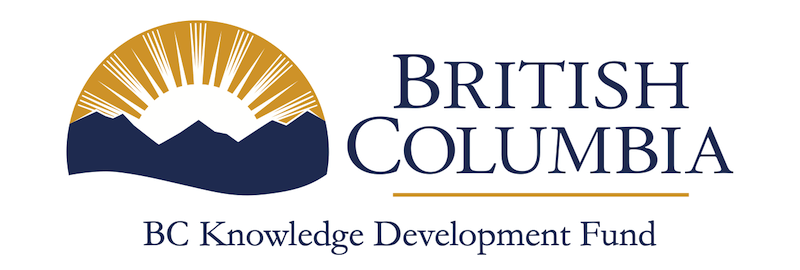
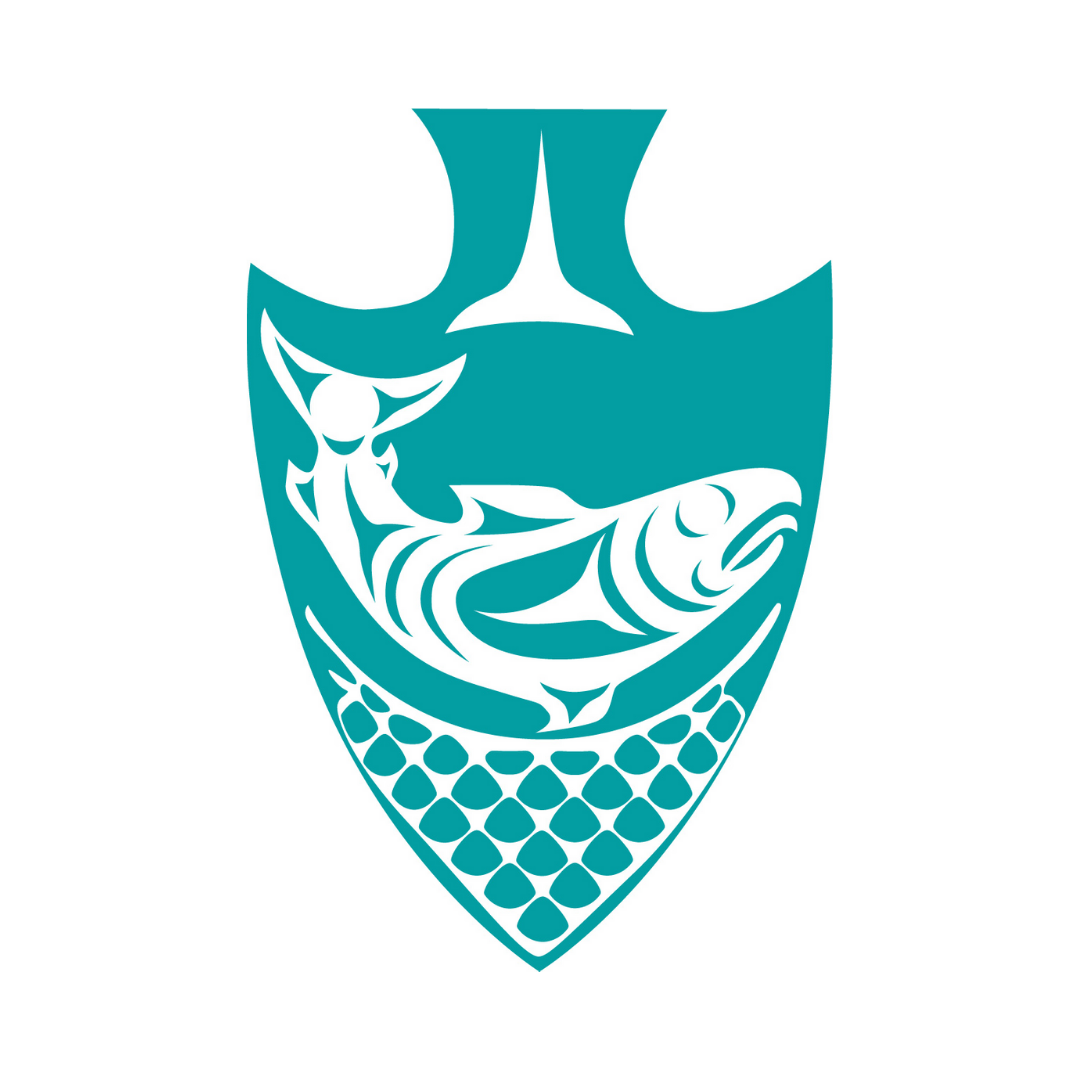

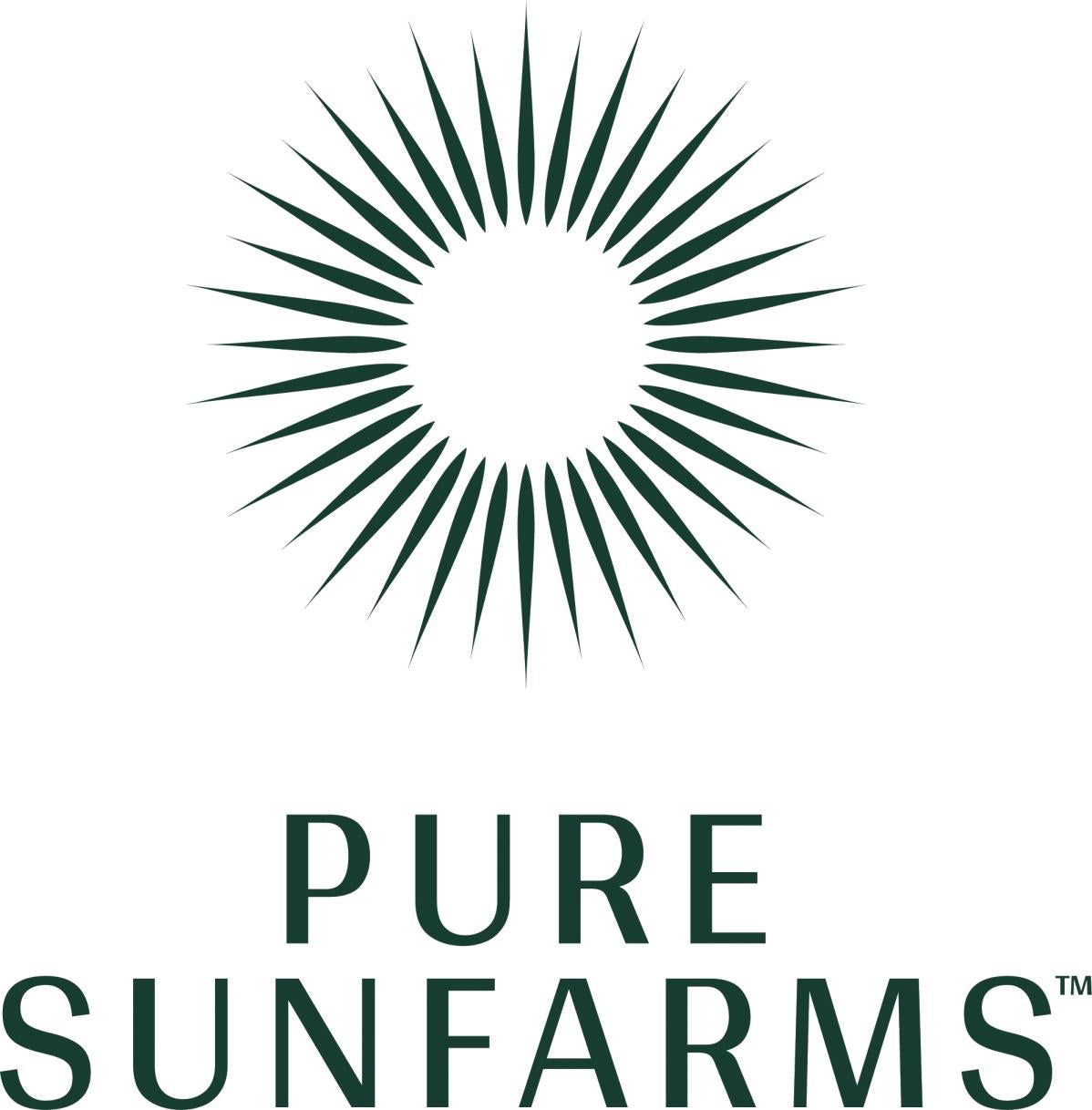
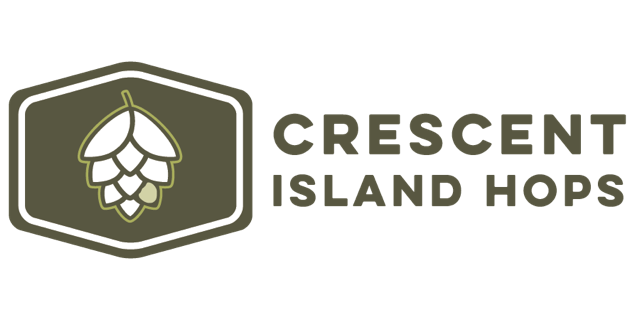

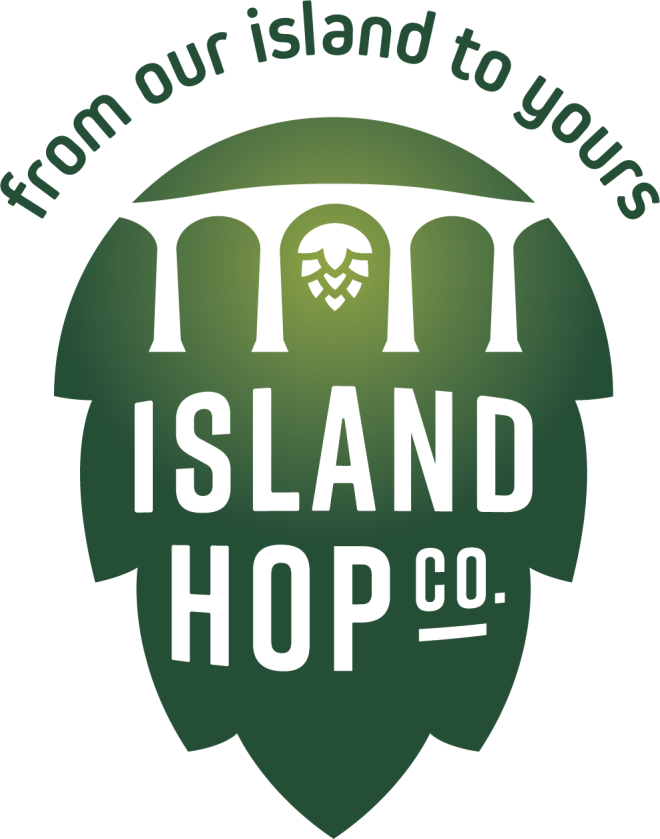
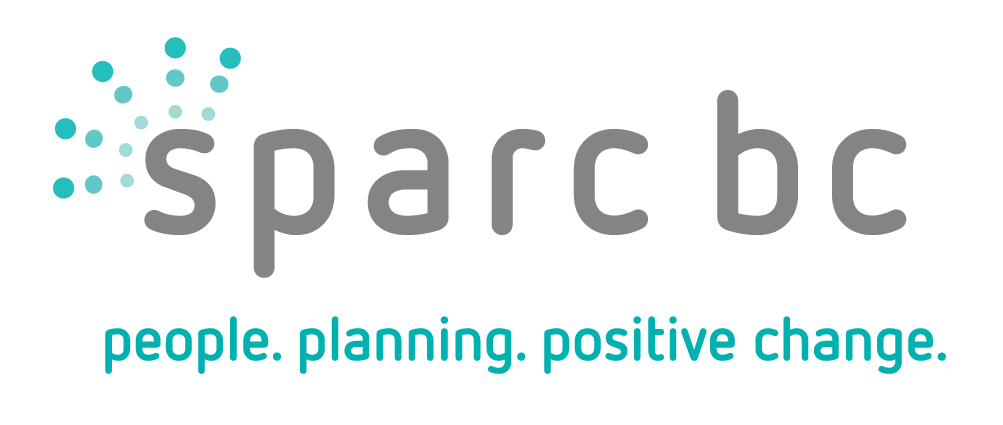



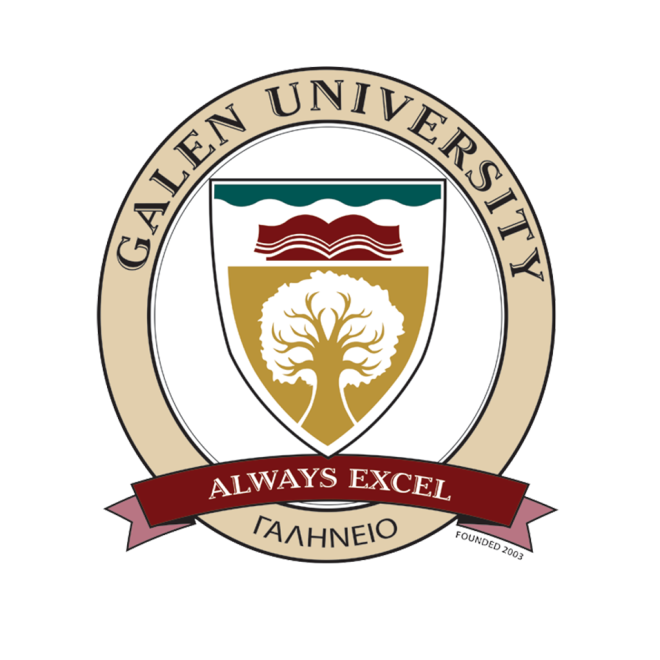
About the Research Support Fund.
Introduced in 2003 and formerly known as the Indirect Costs Program, the Research Support Fund (RSF) has assisted Canadian post-secondary institutions like Langara College with expenses associated with managing research enterprises. Every year, the RSF reinforces the federal government’s research investment in the areas of health sciences, engineering, natural sciences, social sciences, and humanities through three granting agencies:
Canadian Institutes of Health Research (CIHR)
Natural Sciences and Engineering Research Council (NSERC)
Social Sciences and Humanities Research Council (SSHRC)
What are indirect costs of research?
Indirect costs of research are the operational costs that underpin an institution’s research activities (i.e., heating, lighting, ethics reviews, facilities for animals used in research, management of intellectual property, environmental assessment and safety compliance). The services that give rise to indirect costs are institutionally based and are not specific to individual research grants.
RSF grants help ensure that federally funded research projects are conducted in world class facilities with the best equipment and administrative support available. Research funding received through the tri-agencies is generally limited to direct costs (such as researcher salaries, purchase of equipment, etc.). However, with the RSF funding that the College is eligible to receive, Langara is able to defray the indirect costs associated within the following five categories (see the full list of eligible indirect costs):
Research facilities
Renovating and maintaining modern labs and equipment
Research resources
Providing access to up-to-date knowledge resources
Management and administration of institutions’ research enterprise
Institutional support for the completion of grant and award application/research proposals
Regulatory requirements and accreditation
Meeting regulatory and ethical standards (e.g., creation and support of REBs and training on health and safety, animal care, ethics review, and environmental assessments)
Intellectual property and knowledge mobilization
Transferring knowledge from academia to the private, public, and not-for-profit sectors
Allocation of grant funds.
Langara College’s Research Support Fund notional amount for 2025–26 is $34,383.00. Every year, 100% of the funds are used for the “Management and administration of the institution's research enterprise.“
- 2019–20 | $22,425
- 2020–21 | $11,483
- 2021–22 | $3,600
- 2022–23 | $4,356
- 2023–24 | $10,267
- 2024–25 | $34,202
- 2025–26 | $34,383
Management and administration of an institution’s research enterprise.
RSF grant funding continues to provide institutional support for the completion of grant and award applications and research proposals, and management of funds and projects.
Intellectual property and knowledge mobilization.
RSF grant funding enables the College’s continual support of:
- The College’s knowledge dissemination activities, such as Applied Research Day (annual on-campus showcase of research and innovation projects)
- Training of faculty and research personnel (e.g., attendance at CARA and CICan Application Research conferences and memberships)
Producing research promotional materials
Institutional Investment Story
The Research Support Fund (RSF) has been instrumental sustaining the office that supports Langara’s growing applied research enterprise. Through partial funding of key leadership and administrative positions, including the Director, Applied Research Centre (ARC) and the Research Grants and Contracts Officer, the RSF ensures that the College’s research activities are managed with transparency, accountability, and strategic vision.
The Research Grants and Contracts Officer supports the research enterprise by monitoring grants, tracking budgets, managing compliance with Tri-Agency and institutional reporting requirements, and ensuring that all projects meet the financial conditions of their awards.
Taken together, these two RSF-supported positions are essential to sustaining the vibrant research ecosystem that connects people, ideas, and opportunities at Langara. The Director strategy, while the Officer ensures that every project is documented rigorously and reported faithfully. This partnership not only sustains institutional credibility with federal funding agencies but also strengthens the confidence of community partners who depend on the College’s expertise to solve real-world problems.
Since 2017, ARC has received over $12.5 million in funding for applied research projects in a broad range of disciplines, including the life sciences, data analytics, and social innovation. A total of 80 industry- and community-partnered projects have been completed or are in progress. During this period, an additional 110 small-scale projects (ca. $3,000) have been funded internally to catalyze research across the College; many of these have grown into industry or community-partnered projects that have attracted external funding. These projects have enabled dozens of faculty to engage in research and have supported over 500 paid student positions. The money Langara receives from SSHRC through RSF is instrumental in bringing about these positive impacts.
As an example of a project in part supported by RSF, we are building a platform that connects researchers, managers, and clients in one secure, cloud-based environment. The goal of the “ARC Hub” is to create a seamless experience for researchers, allowing them to record experiments, manage data, and analyze results without switching between tools, while also giving clients rich insights through clear, interactive visualizations. Protected by single sign-on and two-factor authentication, ARC Hub is built in line with Research Data Management (RDM) principles to keep research data organized, accessible, and reproducible. Through this project, our student developers have gained practical experience in developing cloud-based data systems, writing clean and efficient code, and building automated workflows that make research data easier to use and understand.
